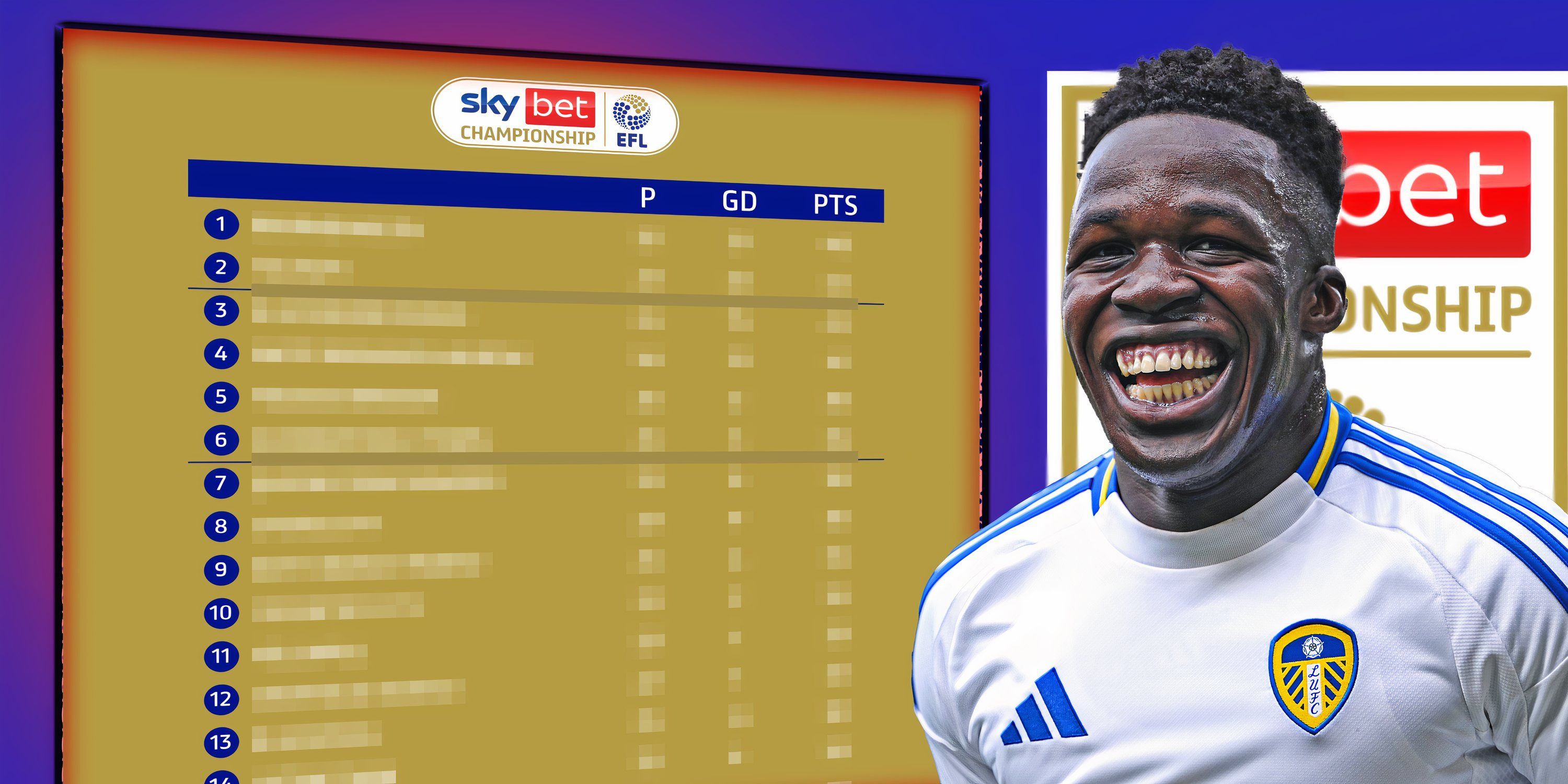I expect criticism for this piece. I am going to write this anyway. You see, the issue we are dealing with here is not new. It’s been around forever. But I believe it’s getting worse.
And if something is not done to set this right, at some point in time in the future, the damage to household finances could be significant. So let’s get on with grabbing the bull by the horns.
You don’t trust your bank relationship manager.
This, in one sentence, is the finding of an impromptu poll I ran on X, formerly Twitter. Here are the full results:
Now, before some banker says it, yes, this is no census. It’s just a poll. That too with limited participation. But then the results of the poll are so stark that I wager that if one ran this on a larger audience the results would be not significantly different. At least that’s what my experience tells me.
This is saddening. The bank, historically a trusted place, has become a platform for selling unwanted products to unsuspecting customers. The result: an almost complete of loss of trust in the relationship manager, who represents the bank as far as you are concerned. Of course, there are exceptions—some do trust their RMs.
I am going to look at this issue of lack of trust from three perspectives—the bank, the regulator, and, of course, your, the customer.
Let’s start with the banks. There is no ambiguity here. The banking system, which has done a wonderful job of by and large helping customers keep their money safe, is now pushing the very same customers into buying, oftentimes, horrible financial products. I bet even bank CEOs would not buy some of these for their own portfolios.
Wealth management is going to be a huge business in the decades to come. And banks are the natural winners since they already have a relationship with the customers. But for them to win in the long term, they will need to deliver the goods in line with the promises they make. They need to do right by the customer. However, what they are doing now is being short-sighted. Sell what you can and collect the commission.
For any shareholder in a bank, and I am one of them, this is bad strategy that hurts long-term prospects. The bank should invest in building a solid wealth management franchise with the goal of tapping into this multi-trillion-dollar opportunity. This can be done. But do the banks have the will to delay gratification? And in the process turnaround the public opinion for good?
Moving to the regulators, they can do a whole bunch of things to try and set this issue of “lack of trust” right. And they can do this by targeting the key driver of this mis-selling—misaligned incentives.
The Insurance Regulatory and Development Authority needs to do a lot more in curbing the mis-selling of unit linked insurance plans, or ULIPs. This is perhaps the most mis-sold investment product in the banking system. Why? Extraordinarily high commissions. A simple way to kill this whole game is to equate the commissions to those of a pure life plan (term insurance) in absolute terms. Once incentives are off the table, then there’s no benefit in mis-selling. It’s always been this logical. And indeed progress has been made. But why don’t we go the whole way and just end this?
The Reserve Bank of India, the one Indian institution that has truly withstood the test of time, has been cracking the whip to ensure banking does not go astray in the country. They now need to shift part of their gaze to this aspect of banking as well.
Recently, RBI introduced draft guidelines to link payment of dividends by banks to their non-performing assets, or bad loans. Now, they need to link management compensation to the mis-selling of financial products. Until RBI aligns the incentives, this rampant mis-selling will not stop.
One other thing RBI should do is to allow bank customers to have a choice to completely shield their information from bank RMs. If, as the poll indicates, a customer does not trust the bank RM’s advice, there should be no avenue for a bank RM to know what’s happening in the customer’s bank account. Agree?
Now, coming to you, the customer. Well, dear reader, ultimately it’s your money. So it’s your responsibility. A good practice is to listen to the advice you get but ultimately do what’s best for you. Don’t delegate your responsibility to someone else.
I know this is easier said than done. Sometimes you may lack the chops to understand the intricacies of a financial product. I offer you two options.
First, find yourself an honest independent adviser. If you can crack this, you are done. This was meant to be your banker, but unfortunately, many of them have shattered your trust already.
One trick to filter out an adviser, or advisory firm, is to see if they start pushing fancy “structured” products. Many of these are designed more to meet the goals of the adviser than the unsuspecting investor. So if you hear the “s” word, up your guard!
Second, stick to simple things when it comes to planning your investments. Here’s a cheat sheet. This is not a recommendation. Just something I believe tends to work well over time.
One, when it comes to insurance, only take pure, plain vanilla, term life insurance.
Two, when it comes to mutual funds, select at max 5 funds for investments – two for equity, two for debt or hybrids, and one for parking liquid funds. Always opt for low-cost direct plans.
Spend more time on selecting the fund management team and the asset management company than on the returns they have delivered in the past.
Other things to keep in mind is to opt for diversified equity funds. Shun thematic/sectoral funds. If you don’t have the skill, or access to honest advice, just go with an index fund.
Coming to debt funds, remember, these are also high-risk instruments. So select wisely. If you think debt funds are low risk, do the smart thing. Opt for a fixed deposit instead.
Other than pure insurance, and mutual funds, there are various government savings schemes that you can consider. Just remember to allocate well. Lopsided allocation can do a lot more damage than a few bad investments.
Broadly these products will meet the needs of most investors. There’s no need to pull off any other fancy trick. Like it’s often said, if it’s too good to be true, it probably is.
In conclusion, the fact that we have come to a situation where most people do not trusty their bank’s RM for investment opinions is just sad. It’s time something is done about this.
In the interim, happy investing to you!
Rahul Goel is the former CEO of Equitymaster. You can tweet him @rahulgoel477.
You should always consult your personal investment advisor/wealth manager before making any decisions.















